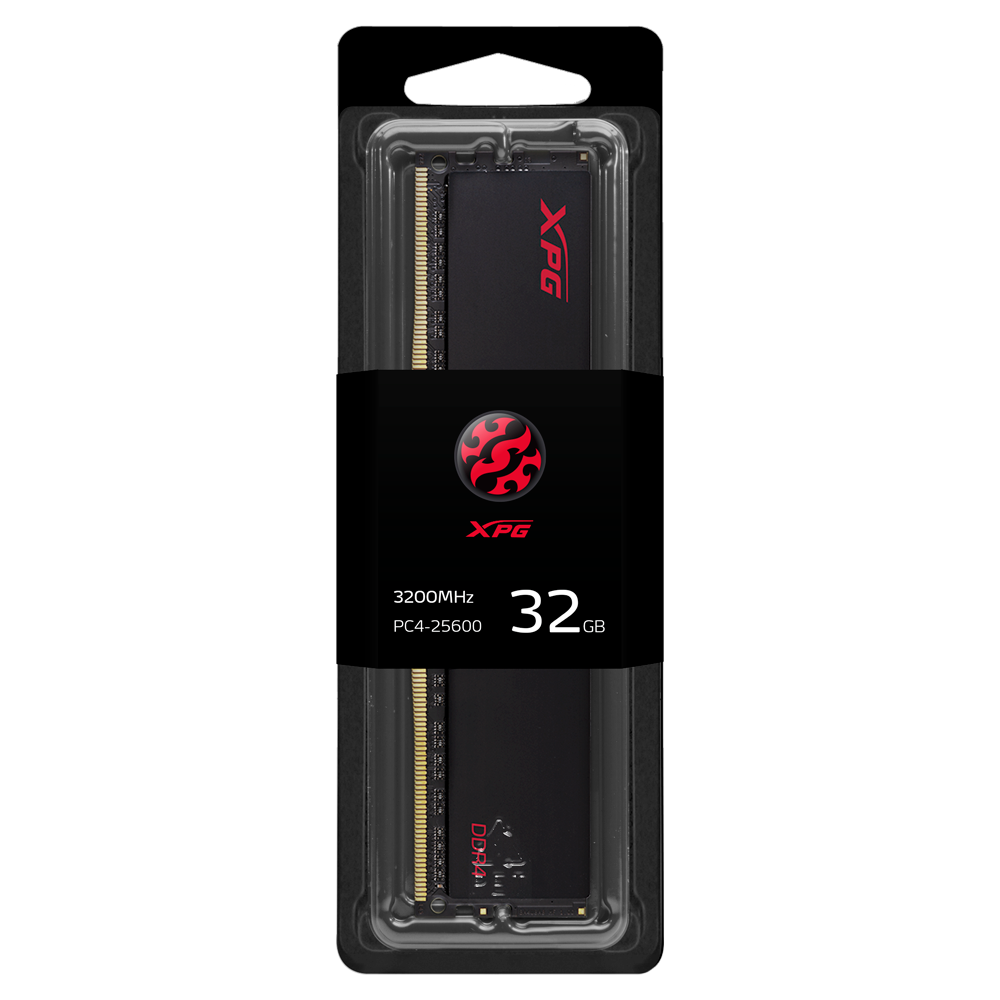Exploring the Diverse Career Options in Mechanical Engineering
페이지 정보
작성자 Nida 댓글 0건 조회 4회 작성일 25-10-24 07:47본문
Mechanical engineering is one of the broadest and most versatile fields in engineering offering a wide range of career paths that suit different interests, skills, and goals. The essence of mechanical engineering lies in developing, testing, producing, and sustaining mechanical components and assemblies—but the applications of this discipline stretch across nearly every industry, from automotive and aerospace to healthcare and renewable energy.
One common path is in product design and development—mechanical engineers in this area create everything from consumer appliances to industrial machinery. They rely on advanced simulation platforms to validate designs, optimize functionality, and partner with engineers and designers to transform abstract concepts into real-world solutions. This role requires strong creativity, attention to detail, and a solid understanding of materials and manufacturing processes.
Many engineers thrive in production environments focused on efficiency and quality—engineers in this field focus on improving efficiency, reducing waste, and ensuring quality control on production lines. They may design assembly systems, implement automation, or troubleshoot equipment failures. This career is ideal for those who enjoy hands-on problem solving and want to see the direct impact of their work on output and cost savings.
Engineering talent is highly sought after in both automotive and aerospace domains—in automotive, they might work on engine systems, transmissions, or electric vehicle technologies. In aerospace, they could be involved in designing aircraft components, thermal control systems, or propulsion units. These sectors demand high precision and a deep knowledge of physics, thermodynamics, and fluid dynamics.
Sustainable energy is rapidly becoming a key focus for mechanical engineers—with the shift toward sustainability, mechanical engineers are helping develop wind turbines, solar power systems, and energy storage solutions. They may also work on improving the efficiency of traditional power plants or designing systems for waste heat recovery. This path appeals to those passionate about environmental impact and innovation.
Many pursue advanced expertise in thermofluids and related applications—these experts work on heating and cooling systems, HVAC design, or even biomedical devices like artificial organs that rely on fluid flow. They may also design refrigeration cycles, coolant loops, or 転職 技術 microfluidic implants.
Research and development is another avenue, especially for those with advanced degrees—these engineers push the boundaries of technology, often working in labs or academic institutions. Some pioneer nano-engineered components, 3D-printed metamaterials, or autonomous mechanical systems.
Many engineers transition into advisory or leadership roles—engineers in these roles act as liaisons between clients, contractors, and technical teams. They manage multidisciplinary teams, track deliverables, and ensure adherence to industry regulations. Leadership skills and communication abilities are key here.
A growing number serve as applications engineers or technical trainers—others take on curriculum development roles in vocational institutes.
Your ideal trajectory begins with identifying what drives you: innovation, impact, collaboration, or mastery—mechanical engineering offers flexibility and lifelong learning, and no matter which direction you take, your work will have a tangible impact on the world around you.

- 이전글Play Exciting Slot Games free of charge Online in Thailand 25.10.24
- 다음글Effective To Be Able To Prevent Theft 25.10.24
댓글목록
등록된 댓글이 없습니다.





 전체상품검색
전체상품검색




